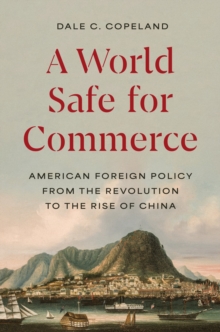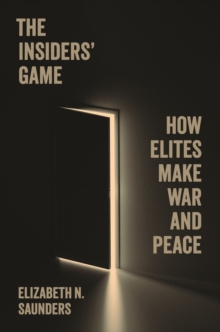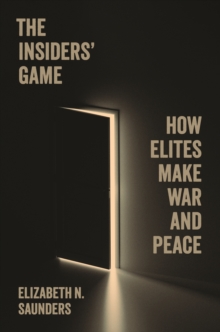
Regional Orders at Century's Dawn : Global and Domestic Influences on Grand Strategy Paperback / softback
by Etel Solingen
Part of the Princeton Studies in International History and Politics series
Paperback / softback
Description
Etel Solingen provides a comprehensive explanation of foreign policy based on how states throughout the world have confronted the rapid emergence of a global economy and international institutions.
A major advance in international relations theory, Regional Orders at Century's Dawn skillfully uses a key issue--internationalization--to clarify other recent debates, from the notion of a democratic peace to the relevance of security dilemmas, nationalism, and the impact of international institutions.
The author discusses in rich detail the Middle East, Latin America's Southern Cone, and the Korean peninsula, and builds on examples drawn from almost every other region of the world.
As Solingen demonstrates, economic liberalization--with its dramatic political and economic consequences--invariably attracts supporters and detractors, who join in coalitions to advance their agendas.
Each coalition's agenda, or "grand strategy," has consequences at all levels: domestic, regional, and international.
At home, coalitions struggle to define the internal allocation and management of resources, and to undermine their rivals. Throughout their regional neighborhoods, coalitions opposing internationalization often compete for dominance, sometimes militarily.
Coalitions favoring internationalization, instead, often cooperate.
At the global level, each coalition finds support for its "grand strategies" from different international institutions and from competing global economic trends.
Solingen's concept of "grand strategy" proposes more than a theory of foreign policy and explains the role of nationalism and ethno-religious revivalism in the politics of liberalization.
Information
-
Available to Order - This title is available to order, with delivery expected within 2 weeks
- Format:Paperback / softback
- Pages:352 pages, 3 line illus. 1 table
- Publisher:Princeton University Press
- Publication Date:13/09/1998
- Category:
- ISBN:9780691058801
Information
-
Available to Order - This title is available to order, with delivery expected within 2 weeks
- Format:Paperback / softback
- Pages:352 pages, 3 line illus. 1 table
- Publisher:Princeton University Press
- Publication Date:13/09/1998
- Category:
- ISBN:9780691058801










